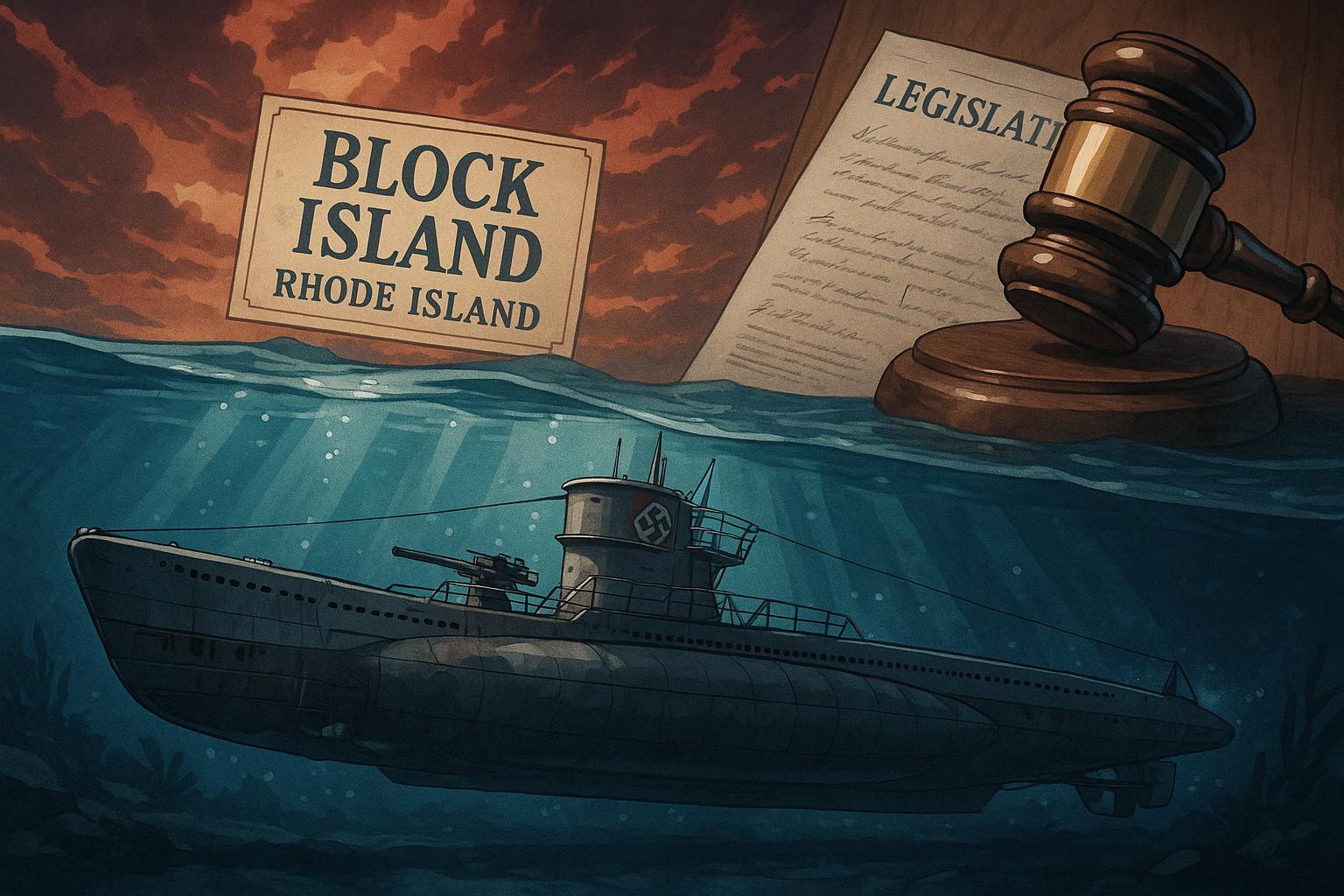In recent weeks, Rhode Island has been buzzing with legislative activity and historical discoveries. Among the state's most notable stories is the recent approval of an "Assault Weapons Ban" by the Rhode Island House of Representatives on June 5, amid intense debate surrounding its implications. The legislation, which permits a ban on the sale, purchase, and possession of various assault-style firearms, passed with a vote of 43-28 and now faces scrutiny in the Senate.
The debate prior to the vote was charged, with Republican House Minority Leader Michael Chippendale calling the measure "misguided" and asserting that it posed threats both economically and constitutionally. Conversely, advocates, including lead sponsor Rep. Jason Knight, emphasized the urgency of the issue, showcasing deep emotional responses rooted in rising gun violence. Knight's assertion that “the vast majority of Rhode Islanders are sick of it” resonates with many constituents concerned about the community's safety, though the bill has already sparked opposition from several towns planning to contest it. The political landscape surrounding this initiative presents a significant test for the new Senate President, Valarie Lawson.
Complementing this contemporary controversy is interest rekindled in Rhode Island's naval history, particularly regarding the U-853, a German U-boat sunk during World War II. This U-boat is now a subject of research and exploration, revealing an intriguing link between the state and the historical impacts of the war. The U-853, located approximately eight miles off Block Island and resting about 125 feet beneath the waves, was ultimately destroyed by U.S. naval forces on May 6, 1945, a day after it torpedoed the American collier Black Point, marking the last U.S. merchant ship sunk in the Atlantic during the war. The wreck has since become a popular diving site, drawing maritime enthusiasts keen to explore the remnants of this pivotal naval engagement.
Recent explorations of the U-853, facilitated by scientists from various institutions, aim to delve deeper into the wreck's environmental impact and historical significance. These studies reflect a growing interest not only in the events that transpired during the war but also in the stories hidden beneath Rhode Island's seemingly tranquil waters. As Columnist Mark Patinkin highlights, the narrative of U-853 serves as a poignant reminder of WWII's reach, extending even to shores like Block Island.
In the backdrop of these discussions, Rhode Island's economic prospects appear affected, with a less optimistic summer tourism forecast anticipated for 2025. Local businesses, traditionally buoyed by summer visitors, may face challenges intensified by the political climate and the state’s evolving legislation.
The convergence of history and current events illustrates Rhode Island's ongoing struggle with safety, historical memory, and community resilience. As residents engage with both the legislative processes and the narratives of the past, the state stands at the intersection of progress and reflection.
📌 Reference Map:
- Paragraph 1 – [1], [6]
- Paragraph 2 – [1], [5], [7]
- Paragraph 3 – [2], [3], [4]
- Paragraph 4 – [1], [2]
- Paragraph 5 – [1], [1]
Source: Noah Wire Services
